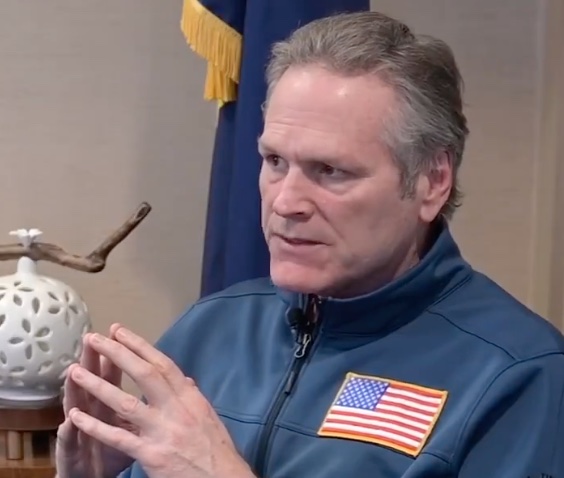Gov. Mike Dunleavy has vetoed Senate Bill 39, halting legislation that would have imposed a strict 36% all-in interest rate cap on consumer loans in Alaska. The measure, sponsored by Anchorage Democrat Sen. Forrest Dunbar, aimed to restrict what Dunbar described as predatory lending practices. Critics warned it would have unintended consequences for financially vulnerable Alaskans.
The bill would have prohibited lenders from offering loans — regardless of size, term, or borrower risk — with a total cost, including fees and interest, exceeding 36% APR. Dunbar argued the cap would protect low-income borrowers from exploitative rates. Opponents, however, raised concerns that the cap would simply restrict access to credit for those who need it most.
Research from states that have implemented similar measures paints a concerning picture. In Illinois, where an all-in 36% cap took effect in 2021, subprime borrowers — those with credit scores under 600 — experienced a 38% drop in the number of loans they received, according to a recent analysis of credit bureau data. The total dollars lent to these borrowers fell by 14%, with the hardest-hit groups seeing declines of up to 26%. Researchers estimated that roughly 34,000 Illinois households lost access to installment loans altogether.
The study also found that the average loan size increased by 35%, suggesting that lenders shifted to serving only higher-credit borrowers or offering larger loans to remain profitable under the cap. A survey of Illinois borrowers affected by the cap showed that 93% felt their previous loans had helped them manage their financial situations, and 79% said they would prefer to return to pre-cap lending conditions.
SB 39 would have disproportionately harmed women, minorities, and young adults — groups that more frequently rely on short-term installment loans to meet emergency expenses. Small businesses, too, stood to lose a source of fast, accessible capital.
Under a 36% cap, a typical $1,000 loan repaid over 12 months would generate about $200 in revenue for the lender — a margin that many industry experts say is not sufficient to cover overhead and defaults. As a result, loans of under $1,000 would likely disappear from the Alaska lending market.
The veto leaves Alaska’s current consumer lending framework in place.
